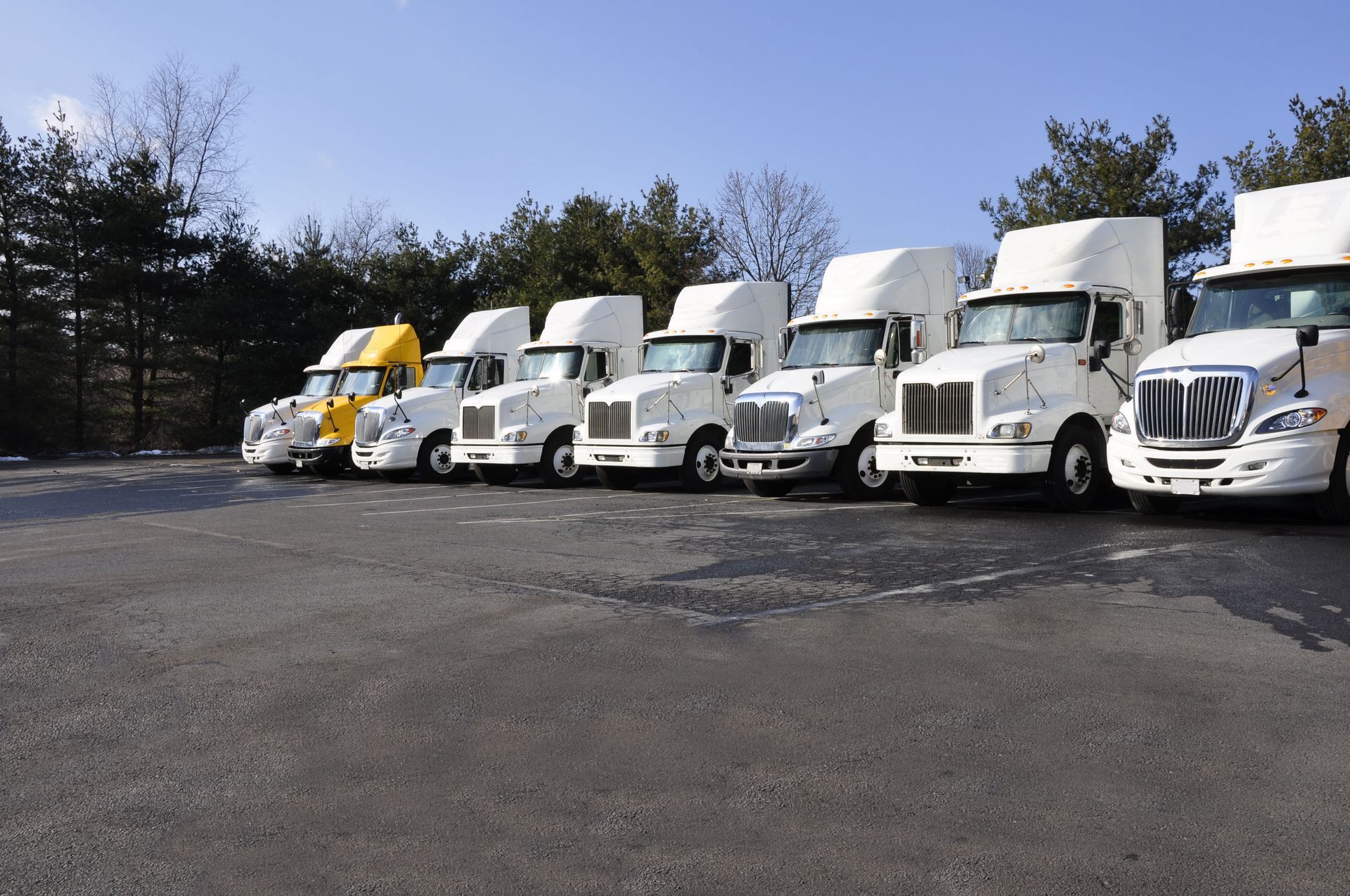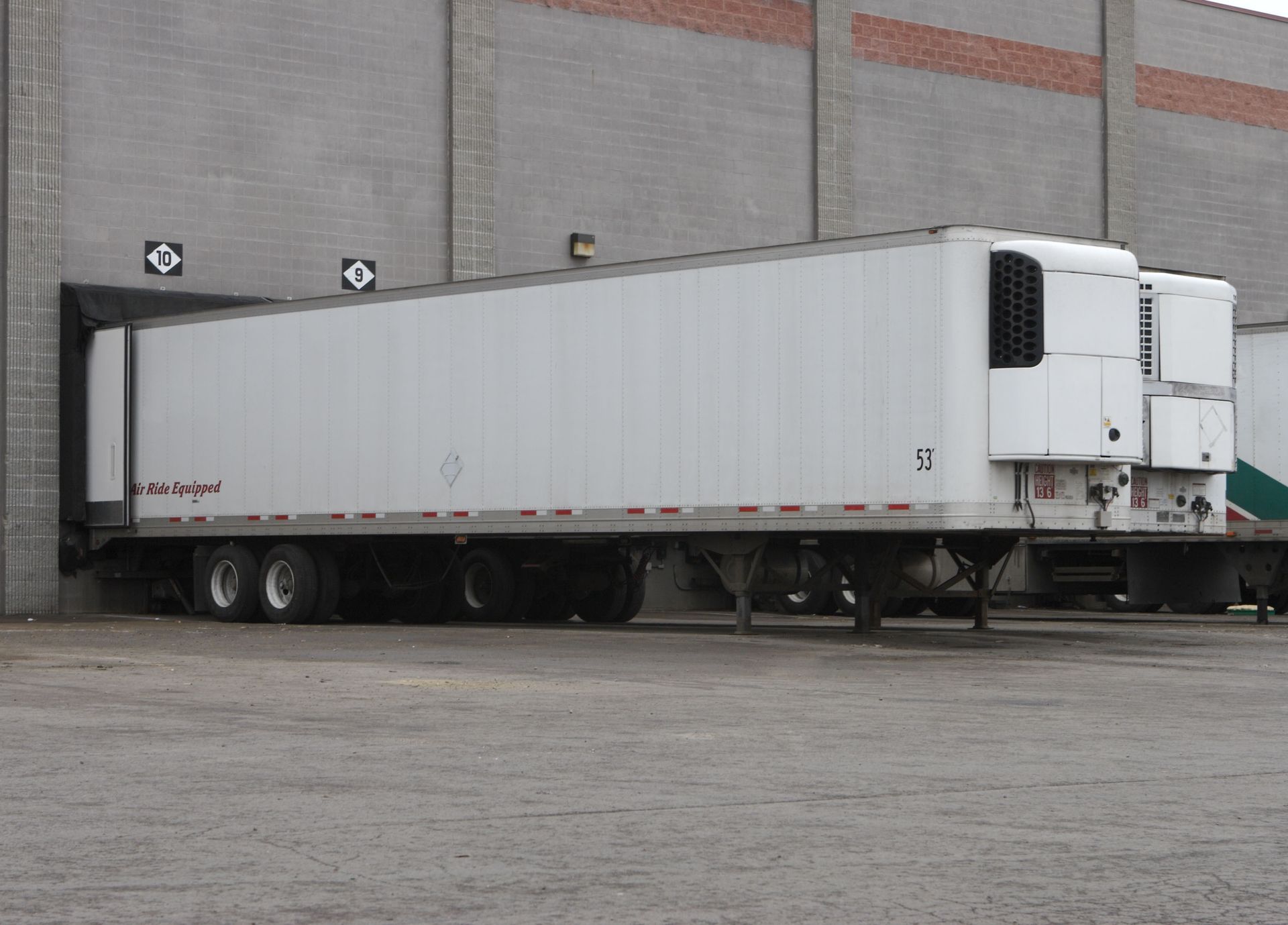8 Ways a Professional Trucking Company Boosts Efficiency
The trucking industry is the invisible engine that powers commerce in the United States. Without it, the shelves would be bare, factories would sit idle, and businesses would struggle to serve customers. A professional trucking company doesn’t just move goods; it refines every mile and every delivery into a finely tuned operation. According to Altexsoft, in 2023, both for-hire and in-house trucking generated about $389.3 billion for the U.S. economy, representing roughly 1.64% of the nation’s GDP. That’s more than just a big number; it’s proof that the industry is a critical backbone for economic growth. The following eight strategies show exactly how a professional operation turns its trucks, drivers, and technology into an unstoppable force for efficiency.
1. Planning
Smart planning is where efficiency begins. From selecting the most direct routes to scheduling deliveries in ways that minimize empty return trips, planning ensures every mile has a purpose. Professional trucking companies focus on creating routes and schedules that make the best use of time and resources, helping maintain consistently high on-time delivery rates.
For a trucking company, route planning is more than a logistical step; it’s a competitive advantage. Careful scheduling allows them to avoid delays, reduce unnecessary stops, and maximize the number of deliveries in a single day. By mapping routes thoughtfully, businesses not only save on fuel but also deliver faster, keeping customers satisfied and contracts renewed. In many cases, planning systems coordinate with warehouse schedules, ensuring smooth handoffs between shipping and receiving.
2. Training
A skilled driver can be the difference between a flawless delivery and a costly delay. Professional trucking operations ensure their drivers are properly trained to handle a variety of driving conditions and delivery scenarios. This training helps drivers operate vehicles safely, manage different routes, and respond effectively to unexpected situations. Well-prepared drivers also help ensure that deliveries run smoothly and schedules are maintained, benefiting both the company and its clients.
When a trucking company focuses on driver preparedness, it reduces the risk of accidents, minimizes delays, and promotes a culture of responsibility. Training also helps drivers represent the company professionally, ensuring goods are handled carefully and deliveries are completed efficiently. Overall, driver readiness is a key factor in maintaining consistent service and building long-term client relationships.
3. Upkeep
Reliable vehicles are essential for keeping deliveries on schedule and maintaining a positive relationship with clients. Professional trucking companies ensure that their trucks are prepared for the demands of every trip, helping to avoid unexpected delays and service interruptions. This focus on readiness allows drivers to perform their jobs confidently, knowing that their equipment is dependable and capable of handling a variety of routes and conditions.
Vehicle readiness also supports overall operational efficiency. When trucks are consistently dependable, deliveries run smoothly, schedules are maintained, and customers can rely on the company for timely service. By prioritizing fleet reliability, trucking companies create a foundation for consistent performance, reduce the likelihood of disruptions, and enhance the overall customer experience. Maintaining a focus on readiness reflects a company’s commitment to professionalism and strengthens its reputation for dependable service.
4. Tracking
Shipment tracking is an important part of meeting customer expectations. Clients want to know that their goods are on the way and will arrive as planned. Professional trucking companies provide ways for customers to stay informed about their deliveries, helping improve transparency and reliability. This visibility allows clients to coordinate their own operations more effectively and reduces uncertainty about shipment timing.
A trucking company that emphasizes tracking gains more than customer confidence; it also supports its own operational efficiency. Being able to monitor deliveries helps managers stay aware of potential issues, adjust plans when necessary, and make informed decisions about routes and schedules. Overall, tracking contributes to smoother operations, fewer delays, and stronger relationships with clients.
5. Communication
No matter how good the technology, efficiency still depends on people working together seamlessly. In a professional trucking operation, communication is fast, clear, and consistent. Dispatchers, drivers, and clients stay in regular contact to coordinate schedules, share updates, and address any issues quickly. This ongoing communication helps prevent misunderstandings and ensures that every delivery stays on track.
A trucking company with strong communication protocols can prevent small issues from becoming costly setbacks. Quick updates on traffic, delivery changes, or mechanical concerns allow for rapid adjustments. This level of coordination helps reduce misunderstandings, avoid wasted trips, and ensure every mile counts. Consistent communication also strengthens relationships among employees and builds a collaborative work culture.
6. Compliance
Meeting regulations isn't optional; it’s essential for avoiding delays, fines, and reputational damage. Compliance covers everything from Hours of Service rules to hazardous materials handling, weight limits, and environmental regulations. Professional operations stay ahead by using tools that track reporting and logkeeping. Staying organized and attentive to requirements helps ensure that all regulations are followed and deliveries remain on schedule.
A trucking company that prioritizes compliance reduces legal risk and helps keep operations running smoothly. By staying attentive to rules and regulations, companies support safe and efficient delivery practices for both drivers and clients. When compliance is embedded into daily routines, efficiency becomes a natural byproduct. Proper compliance management also reassures clients that their goods are handled responsibly and in accordance with applicable laws.
7. Technology
Technology is a key driver of efficiency in modern trucking. Professional trucking companies use various tools and systems to support operations, streamline processes, and improve overall performance. By leveraging available technology, companies can better plan routes, manage schedules, and stay informed about the status of shipments. This helps ensure that operations run smoothly and deliveries stay on track even when challenges arise.
Using technology effectively helps trucking operations save time, reduce delays, and make informed decisions. It can also support coordination across different parts of the supply chain, helping drivers, dispatchers, and clients work together more smoothly. In a competitive market, adopting the right technology allows companies to stay ahead while providing reliable service to their customers. Overall, technology contributes to both operational efficiency and customer satisfaction.
8. Sustainability
Efficiency isn’t just about speed and cost; it’s also about environmental responsibility. Many professional trucking companies integrate eco-friendly practices into their operations to reduce environmental impact while supporting long-term cost savings. These practices can include optimizing routes, reducing unnecessary idling, and working with partners who share the same commitment to sustainability.
A trucking company that embraces sustainability not only helps protect the environment but also strengthens its reputation with clients who value responsible business practices. By making eco-friendly decisions part of daily operations, companies can balance efficiency with environmental stewardship and create a positive impact across the supply chain.
Professional trucking operations don’t become efficient by accident; they do it through deliberate strategy, investment, and attention to detail. From planning and training to technology and sustainability, every element works together to maximize productivity while reducing waste. The result is a business model that supports growth for both the carrier and its clients. When consistently applied, these strategies create a resilient and adaptable operation that thrives even in challenging market conditions.
If you’re looking to streamline logistics and improve your bottom line, Ship Happens Logistics is here to help. Our expert team applies proven strategies to make every delivery faster, safer, and more cost-effective. Contact us today to discover how we can take your operations to the next level.







Share On: